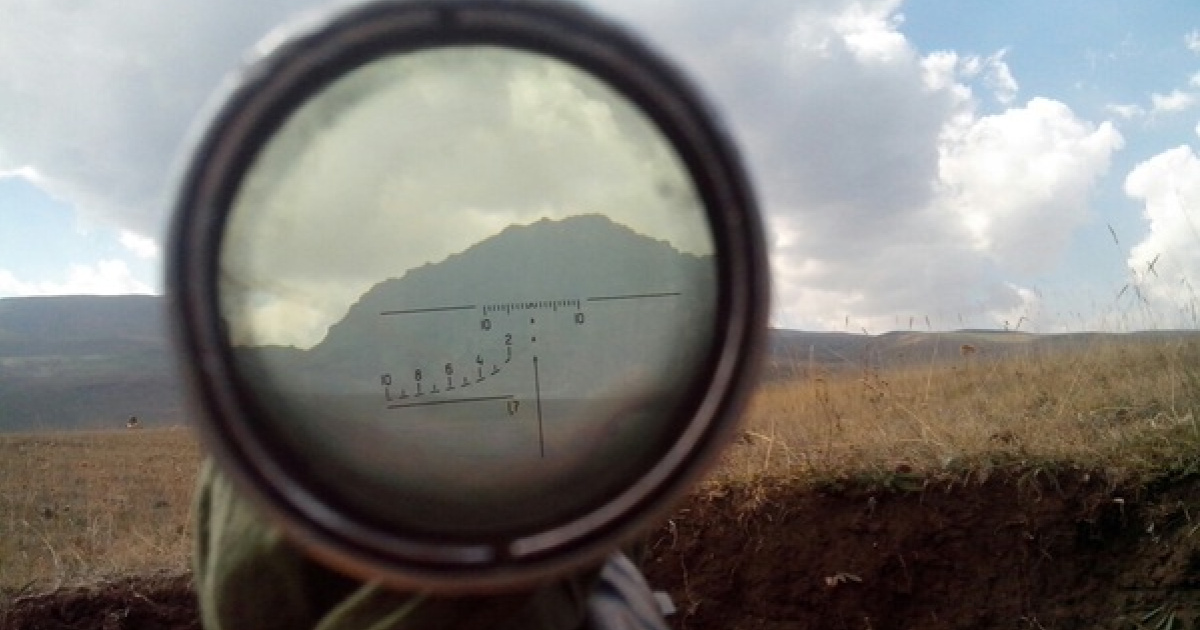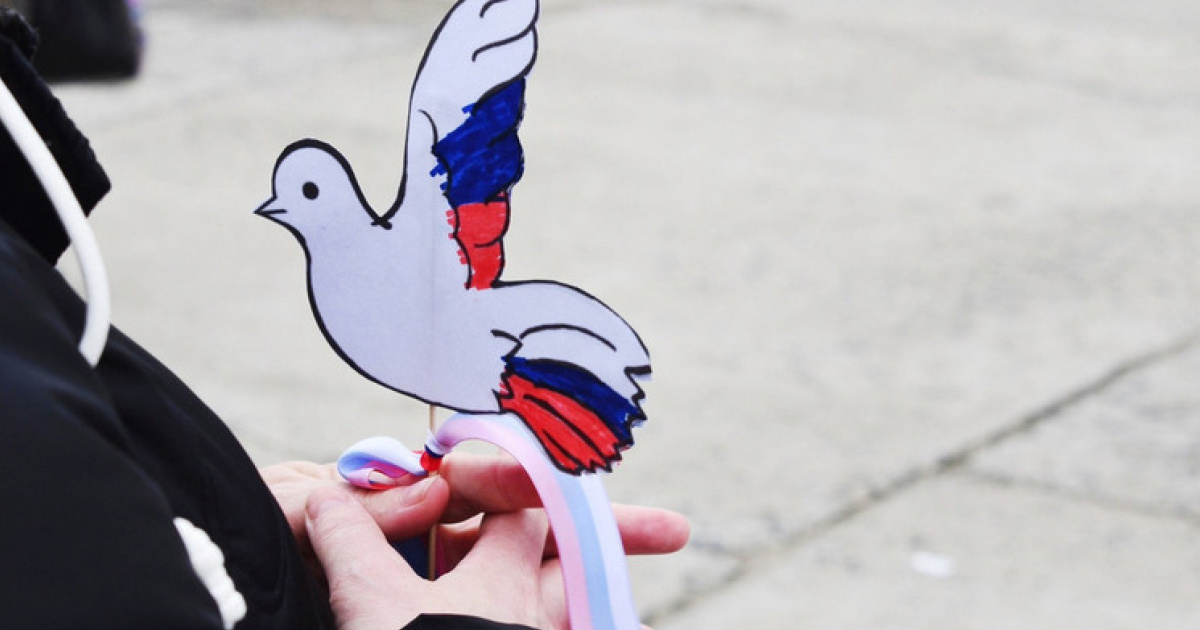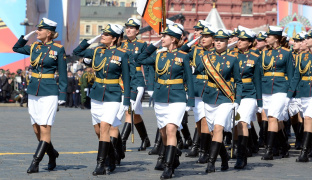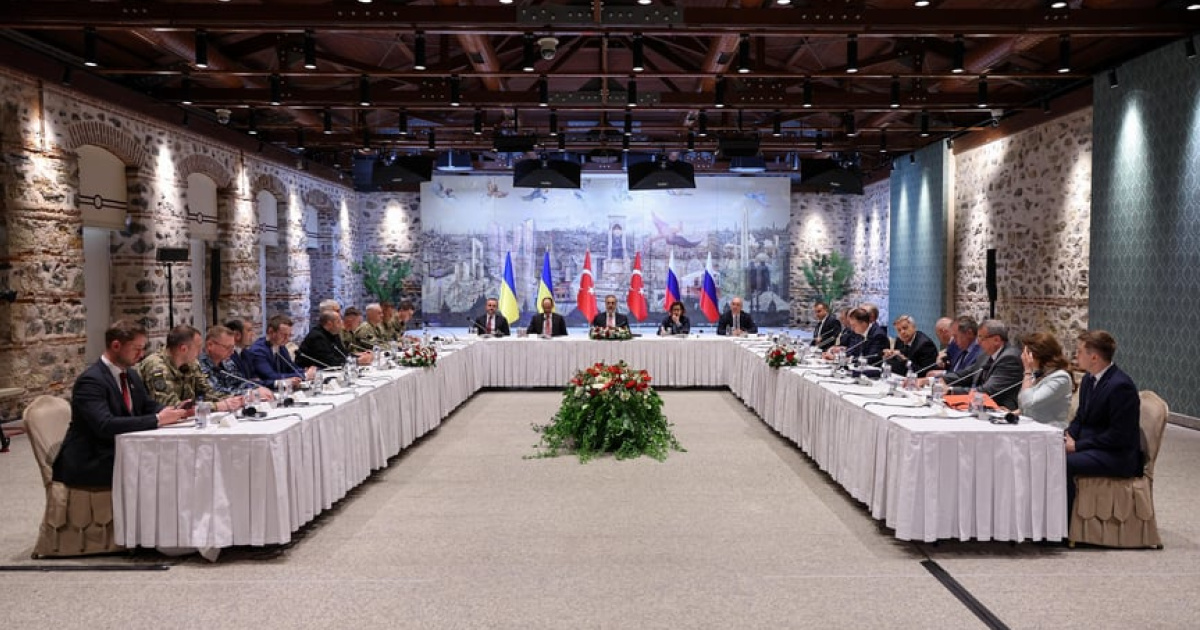• Social tension is rising in Donbas amidst the region's progressive isolation from Ukraine and Russia’s concern that Ukraine will militarily liberate the occupied territories. This can cause serious internal conflicts against a backdrop of observed troubles formulating budgets of the "republics", and the absence of political changes following the autumn “elections” of "heads of the republics".
• “Fearing” the Ukrainian offensive to liberate the occupied territories, Russians and "DNR-LNR” apologists call for the Kremlin to "recognize the republics" and create Russian military bases on their territory.
• The Western chill towards Poroshenko, and the volatile domestic political situation in Ukraine, raise the pressure to improve the efficacy of his policy regarding the liberation of Donbass; increasing the possibility of a military operation to liberate the Ukrainian territory.
• Russia continues to insist on direct negotiations between Kyiv and the “republics”, (illegal after the adoption of the law on the reintegration of Donbass), Kyiv and Washington are forced to exercise tougher policies towards ending the conflict; Kurt Volker put the onus of a peaceful resolution on dependence on Russia.
• Kyiv files a case against the Russian Federation for illegal gas production on the Black Sea shelf at the UN Arbitration Tribunal for the Law of the Sea. The probability of a decision favorable to Ukraine is high.
Situation in the Donbass
The self-isolation policy of the “DNR”, expressed by the travel ban to government controlled territories by employees of the "DNR" "governmental" organizations, and the termination of mobile communications with the government-controlled territory, is a consequence of the political decision taken in Moscow by the FSB. Sources in Donetsk maintain the decision is primarily based on the desire to obstruct the work of Ukrainian special services, the fear of a Ukrainian military offensive during Russia’s presidential elections or the eve of the FIFA World Cup.
The Kremlin is concerned about the period of the aforementioned events. The "republics" cannot seriously resist without Russian interference “help”, and the introduction of its troops threatens unpredictable consequences for both the election and the World Cup.
These fears were heartened by the 24 entering into force of the Law On the peculiarities of State Policy on Ensuring Ukraine's State Sovereignty over Temporarily Occupied Territories in the Donetsk and Luhansk Oblasts" (the law on the reintegration of Donbass). This law identifies.
Russia an aggressor and occupier. It also legalizes the use of the Armed Forces of Ukraine in the Donbass.
Another cause for Russia's fear is the situation within the "DNR-LNR" "armies". Particularly, in the 1st and 2nd Army Corps, subordinated to Russia, but consisting of local residents. According to founder of the Vostok Battalion, Alexander Khodakovsky, who continues to control some military units in the Army Corps-1, mass layoffs of the mid-rank are occurring and a "catastrophic" ammunition shortage is observed.
All this is superimposed on the continuing deterioration of the socio-economic situation. According to Khodakovsky, the budget formation in the "republic" is "complicated". According to his calculations, "there will be a serious budget deficit" before the fall. In this connection, he predicts serious social unrest, especially if no political changes occur as a result of the elections of "heads of the republics".
As a whole, these economic, social and political factors make the so-called "republics" extremely vulnerable by year’s end. Both Moscow and the "DNR"-"LNR" realize this. Opinion leaders on the Donbass topic urge the Kremlin to "recognize the republics” and create Russian military bases on their territory.
In this context, personnel changes are occurring in the “DNR” leadership are associated with the obtaining of financial flows (including money from Russia) by "head of the republic" Alexander Zakharchenko and his "deputy prime-minister" Alexander Timofieyev.
Notably, "Minister" of the Energy and Coal Industry of the "DNR" Eduard Golenko was arrested on 22 February, 2018. On 1 March, Zakharchenko's "decree" was published, by which he dismissed "Minister of Education" Larisa Poliakova on 19 February. The last fact is of importance. According to our sources in Donetsk, Moscow had been transferring all its financial injections in the "DNR" (except the military) to the "Ministry of Education". Moreover, Poliakova herself owed her "minister" post to Russian MFA officer Baryshnikov. Thus, Zakharchenko eliminated a figure who could allow a leak to Moscow about the redistribution of money sent to Donetsk by the Russian Federation.
Internal political factors in Ukraine affecting the situation in Donbass
The most important internal political event that can influence the development of situation in the Donbass is the entry into force of the law "On the reintegration of Donbass". Previously, we wrote that the signing of this law by the president would mean either that Washington managed to reach a compromise with Moscow on the introduction of peacekeepers to the Donbass, or that the search for compromise ended. Now we lean toward the second option.
At the same time, the signing of this law by President Poroshenko also shows a change in his personal conduct regarding the conflict between Russia and Ukraine in the Donbass. This change is dictated by both internal political and external factors.
It is revealing that Poroshenko signed the Law after his trip to the Munich Security Conference, where, he was subjected to a cold shoulder from Western politicians. The president’s speech, in which her made reference to the “belligerent country” was given in a virtually empty hall. It is likely that Poroshenko understands that his level of support from the West is weaning. This understanding has apparently forced him to seek support and popularity within the country. He ran significant reputational and electoral risks had he not signed of a law declaring the uncontrolled territories of Donbass as occupied by Russia.
The deterioration in his relations with Prime Minister Volodymyr Groysman is also an important factor determining Poroshenko’s domestic political line.
This deterioration is taking place against the background of a long-lasting conflict with a member of the ruling parliamentary coalition: The People's Front. The People’s Front had edited the presidential bill "on the reintegration of Donbass". According to the representative of the president in the Verkhovna Rada Iryna Lutsenko, the edit changed the very concept of the bill. Let us recall that the presidential version of the bill contained references to the Minsk agreements. Such a reference would actually incorporate them into Ukrainian legislation. That having been said, it is noteworthy that the version of the final bill in force, significantly broadens the powers of the president. Deputies of People's Front explained, off the record, that they purposefully gave the president all the mechanisms necessary for the resolution of the conflict in the East; to be able to hold him accountable if, having these mechanisms, they were not used to liberate the territories.
The narrowing number of potential political allies in the upcoming presidential and parliamentary elections will put additional pressure on Poroshenko to seek popularity among voters and, consequently, to be more productive in politics regarding the liberation of the Donbass. This increases the probability of a military operation to liberate the Ukrainian territory. The hope for a peaceful resolution of the conflict, through the introduction of UN peacekeepers is almost lost because of Russia's position, and there is less time until the elections.
Geopolitical influence on the development of the conflict
Russia considered Ukraine's adoption of the law on the reintegration of Donbass ”a verdict for the Minsk complex of measures”. The Russian Foreign Ministry states: ”Any direct dialogue with the authorities of unrecognized republics, the de-escalation of confrontation and the search for peaceful political settlement is out of question”. However, a few days later, Putin, speaking at a press conference in Vienna, noted the deployment of UN peacekeepers depended on direct talks between Kyiv and Donetsk/Luhansk. ”We do not mind at least. But we need to negotiate with these unrecognized "republics” - he said.
Since Putin already knew that such negotiations are impossible and illegal for Ukraine, his position signifies an unwillingness to peacefully resolve the conflict in the Donbass and the intention to shift responsibility for possible exacerbation to the "unrecognized republics".
Moreover, Donetsk immediately declared the deployment of peacekeepers unacceptable. The militant leader Alexander Khodakovsky said ”The proposal, contained in the Rasmussen concept, will not even be discussed. We are against that idea and we will not talk about this topic. And so far, Russia unequivocally supports us on this issue”.
A military scenario for the development of conflict in the Donbass appears to be put on the table. For instance, State Duma Deputy S. Markov published an article about the plans of Ukrainian army to liberate the Donbass even before the Russian presidential election. The hysteria about the impending attack of Kyiv has been going on in the "DNR-LNR" for about two months...
For Moscow, a serious escalation is currently undesirable, because in this case, it will have to either remain silent or intervene, but with the prospect of many thousands of losses, which will cause a serious reaction in Russia itself. Today, confrontation with the Ukrainian army, unlike in 2014, will cost Russia much more.
This is likely related to why, following the actual mobilization in the "DNR-LNR", Moscow began the informational mobilization of "Novorossia" supporters in Russia. In case of escalation, radical Russian “volunteer” forces will be employed to solve the problem without resorting to an open invasion.
For example, Igor Girkin (Strelkov), the leader of the group that seized Sloviansk in October 2014 and the former "Minister of Defence of the DNR", noted "Russian media and political technologists were given a commandfor a gradual (though fast) shift of rhetoric from the "single option Minsk" to regrets about the "lost chance of 2014". It is ordered to get the term "Novorossia" from the trash can and start promoting it to the consumers again".
It is against this background that Moscow demonstratively distanced itself from the "Ukrainian question". This was reflected in the fact that on 1 March 2018, in a two-hour address to the Federal Assembly of Russia, Putin mentioned neither Ukraine nor the Donbass. Rather he chose to frighten the whole world with Russia’s the latest military developments. His expose could be regarded as a threat against the West in the event of its interference with Russia's policy regarding Ukraine and Syria.
These threats were primarily related to the USA and caused by Washington's actions in Syria and Ukraine. This applies, in addition to the defeat of the Russian mercenaries in Syria, to the U.S. position in Ukraine. In light of Kurt Volker's peaceful diplomacy, a more determined policy is being seen. It manifests itself both in Washington's decision to allocate the Javelin missiles to Ukraine, and in the entering of two destroyers of the U.S. Navy to the Black Sea on 18 February (the fire power of which would be enough to destroy the military and technical basis of Russian troops throughout the occupied territory of Ukraine and Crimea). The Commander Grady of the 6th U.S. Fleet revealingly stated, "This is a measure of an active, not a reactive nature". The fact is that in previous years, the Russian Federation actively dictated the terms of the game to both players and victims. They, in turn, only reacted to this or that Russian initiative. It is worth noting, however, that the American destroyers entered the Black Sea after Russian strategic Tu-95 bombers simulated a missile attack on Ukraine from the territory of the occupied Crimea on 15 February.
It appears that U.S. peacekeeping initiatives, which Kurt Volker has been trying, unsuccessfully, to coordinate with Russia for six months, have transformed from a real option to end the crisis to an element pressuring Moscow.
"You see, in the issue of peacekeepers, everything revolves around one fundamental decision, which Russians must make. Everything depends on whether Russia will agree to withdraw its troops from the Donbass and allow the UNforces to take control of the security situation", - Volker recent stated interview with Ukrainian mass media. Thus, he made the possibility of a peaceful resolution of the conflict in Donbass totally dependent on Russia. If Russia does not agree to a peaceful opportunity, his comment appears to give a free hand to the proponents of militarily forcing Moscow to peace...
Meanwhile, the Russian army continues to prepare for war. In 2018, the Russian army started forming a mobilization reserve. Reserve contracted servicemen, will be required by the Defense Ministry to undergo special monthly military training.
Servicemen have had their access to the Internet restricted. To date, the Defense Ministry merely recommended they refrain from using social networks, geolocation aps and spreading information about the service. Now, the ministry is preparing appropriate bills that will make such recommendations mandatory.
Another important factor in the Russian-Ukrainian hybrid war is the fact that Kyiv has filed a lawsuit in the UN Arbitration Tribunal for the Law of the Sea against Russia for illegal gas production in the Black Sea shelf.
Perhaps, in the context of Ukraine's legal fight for its territorial integrity, this is the only court whose jurisdiction extends to Russia; the decision of which it cannot ignore. The Russian Federation is a party to the 1982 United Nations Convention on the Law of the Sea of 1982. In the event of the court ruling in favor of Ukraine, noncompliance with the ruling may lead to the arrest of Russian vessels and other property by other states party to the Convention.
As maritime state, which piratically seized territory and property on the sea of another state, Russia is very vulnerable to a marine arbitration court. It will be interesting to watch if the Kremlin will find an opportunity to sway Kyiv into withdrawing the claim or deliberately "failing" the judicial examination (to violate the procedure, to "collect evidence" endlessly etc.).
At this time, Moscow is likely to take a wait-and-see attitude towards this matter. It will likely wait for the next presidential election in Ukraine (early summer 2019), where it will bet on a more compliant candidate. Given the experience gained by Russia in the presidential elections in the USA and Europe, it will massively use its new knowledge and capacities to promote its candidate in Ukraine.
Centre for research of Donbass social perspectives
The review was prepared with the support of GPD Charitable Trust




